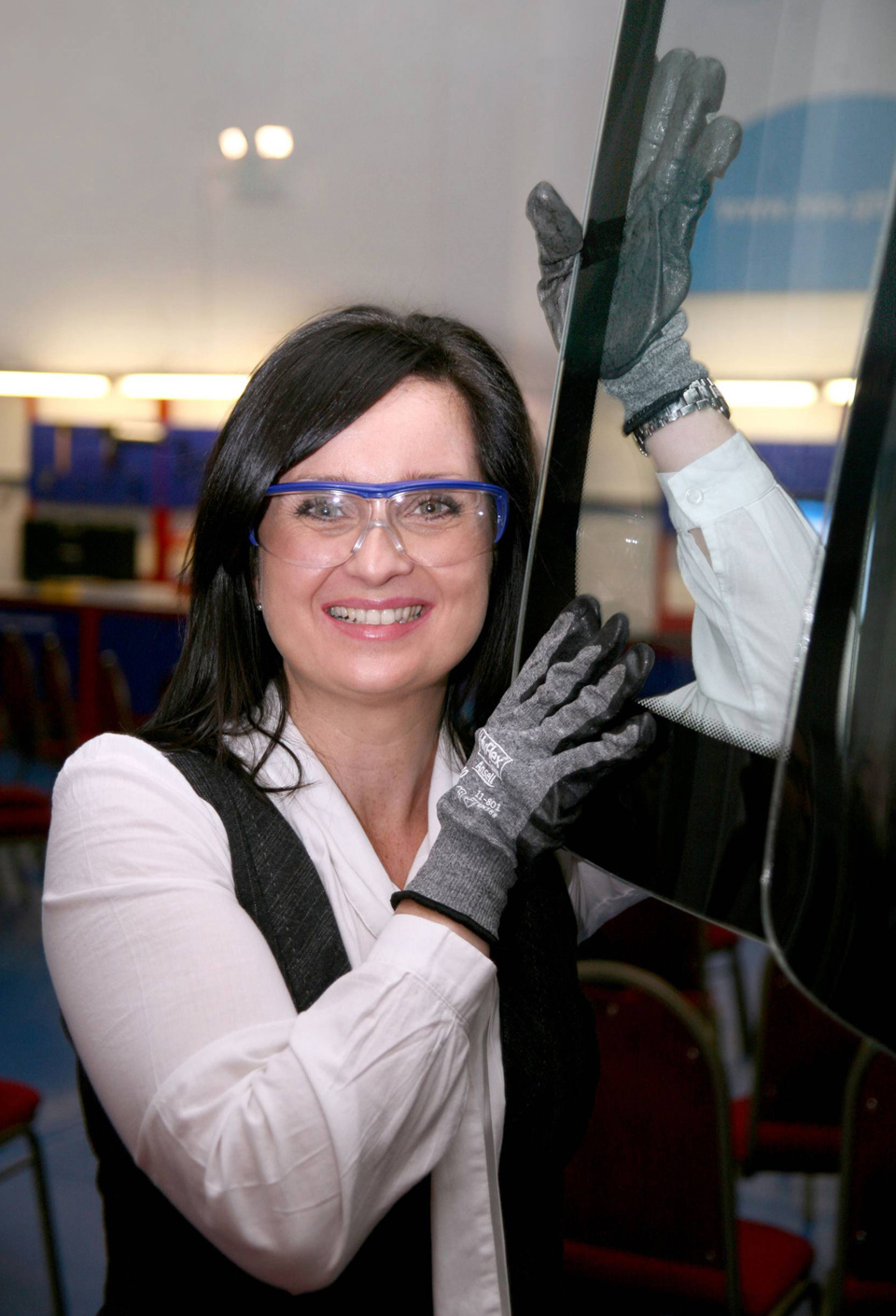Maria Charlton, director of the Independent Windscreen Academy, looks at changes in the windscreen market.
As vehicle manufacturers push the boundaries of design so too is automotive glazing evolving. Many volume models are already fitted with driver assistance technologies, using Head-Up Display (HUD) but carmakers are pushing ahead with augmented reality technology, using sensors in the glass. This will see the advent of fully interactive ‘smart glass’ for the benefit of passengers as well as drivers, to the extent that the dashboard may well become obsolete within a decade.
Such technological advances have ramifications for the automotive glazing, fleet and insurance sectors, in terms of skills, logistics, costs and processes. Employing a dozen highly experienced automotive glazing trainers and assessors, The Independent Windscreen Academy is at the forefront of qualifying professionals, keeping competence and compliance in check. The private training provider was the first independent assessment centre in the UK approved by the IMI to deliver the ATA certification in automotive glazing.
Today’s auto-glazing technicians are faced with an increasingly complex product, which demands continual training and updating. Not only has the glass technology improved but so has its volume with the advent of panoramic windscreens, for example. This requires a new approach to doing business in terms of personnel deployment, transportation and equipment, not to mention skills.
With the inclusion of sensors in the glass, the windscreen has become an integral part of the vehicle system. Technicians are expected to perform diagnostics and re-calibration of sensors, meaning a much more complex skillset and this adds expense to the overall business model, not least because the cost of such sophisticated glass has increased exponentially. Of course, the insurance industry is taking account of the impact of this technology and undoubtedly, premiums will have to rise, as existing windscreen excess policies will become unsustainable. Inevitably, this will have an impact on future fleet maintenance costs.

















Login to comment
Comments
No comments have been made yet.